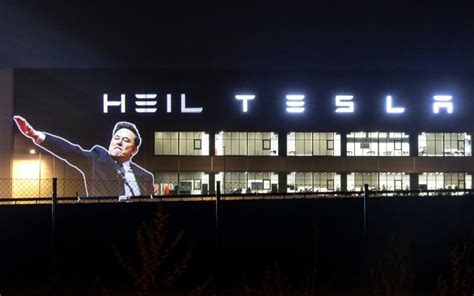Don't argue with crazy. Those people need help, not a rational discussion (which they are not capable of).
InternetPerson
A legal system that imposes sentences longer than a human life seems to be deeply broken.
Movies: "What? You're making robots? But what if they become evil?"
Me: "No, actually you can prevent that easily by..."
Movies: "Ghost in the machine! Bugs! Hackers! Robot becomes self-concious and disables its safeguards! Evil!"
Me: "Our robots are not even that advanced. Also you can easily add an off switch and..."
Movies: "They've bridged their off-switch! Terminators kill all humans now. All robots become evil!"
Me: "Whether they become evil or not depends on how you implement it and also ... "
Movies: "Evil robots! More evil robots! The downfall of humanity!"
Every. Damn. Movie. For once I would like to see a movie with robots that don't turn into mindless "cuz evil" killing machines. It's really annoying how widespread the fearmongering about robots is in movies.
Also, why the fuck do all robots have the worst possible speech synthesizers ever? Heck, even the announcements in subway trains and buses have better natural sounding computer voices than robots in movies.
Trees going through puberty be like:
Shower heads must be a nightmare.
No, it's Ladybaby.
Yes. Ladybaby.
Artificial intelligence, like any intelligence, has goals and priorities
No. Intelligence does not necessitate goals. You are able to understand math, letters, words, meaning of those without pursuing a specific goal.
Because it's not AI, it's sophisticated pattern separation, recognition, lossy compression and extrapolation systems.
And our brains work in a similar way.
I'm willing to debate the potentials of AI again once they manage to do that without those "benchmarks" getting special attention in the training data.
You sound like those guys who doomed AI, because a single neuron wasn't able to solve the XOR problem. Guess what, build a network out of neurons and the problem is solved.
What potentials are you talking about? The potentials are tremendous. There are a plethora of algorithms, theoretic knowledge and practical applications where AI really shines and proves its potential. Just because LLMs currently still lack several capabilities, this doesn't mean that some future developments can't improve on that and this by maybe even not being a contemporary LLM. LLMs are just one thing in the wide field of AI. They can do really cool stuff. This points towards further potential in that area. And if it's not LLMs, then possibly other types of AI architectures.
The problem is the lack of people's interest in deep topics,
I'm not sure about that. I think small talk serves occasions where you might want to keep it polite as deeper topics tend to become emotionally loaded disputes.
For example, going to a bubble tea shop. Usually, you don't want to discuss the meaning of life with the shop keeper, but it may be a nice gesture to talk a bit about the small things in life. Small talk is a good way to share a pleasant conversation and appreciate each other.
Furthermore, small talk can serve as an opener to deeper topics if the occasion arises and everyone seems to be in the mood for such deeper topics.
Anyway, my wife and I are friends with the shop keeper now and we've talked about the weather, religions, vacations and how to raise children.

We don't touch that unless we really know what we're doing.